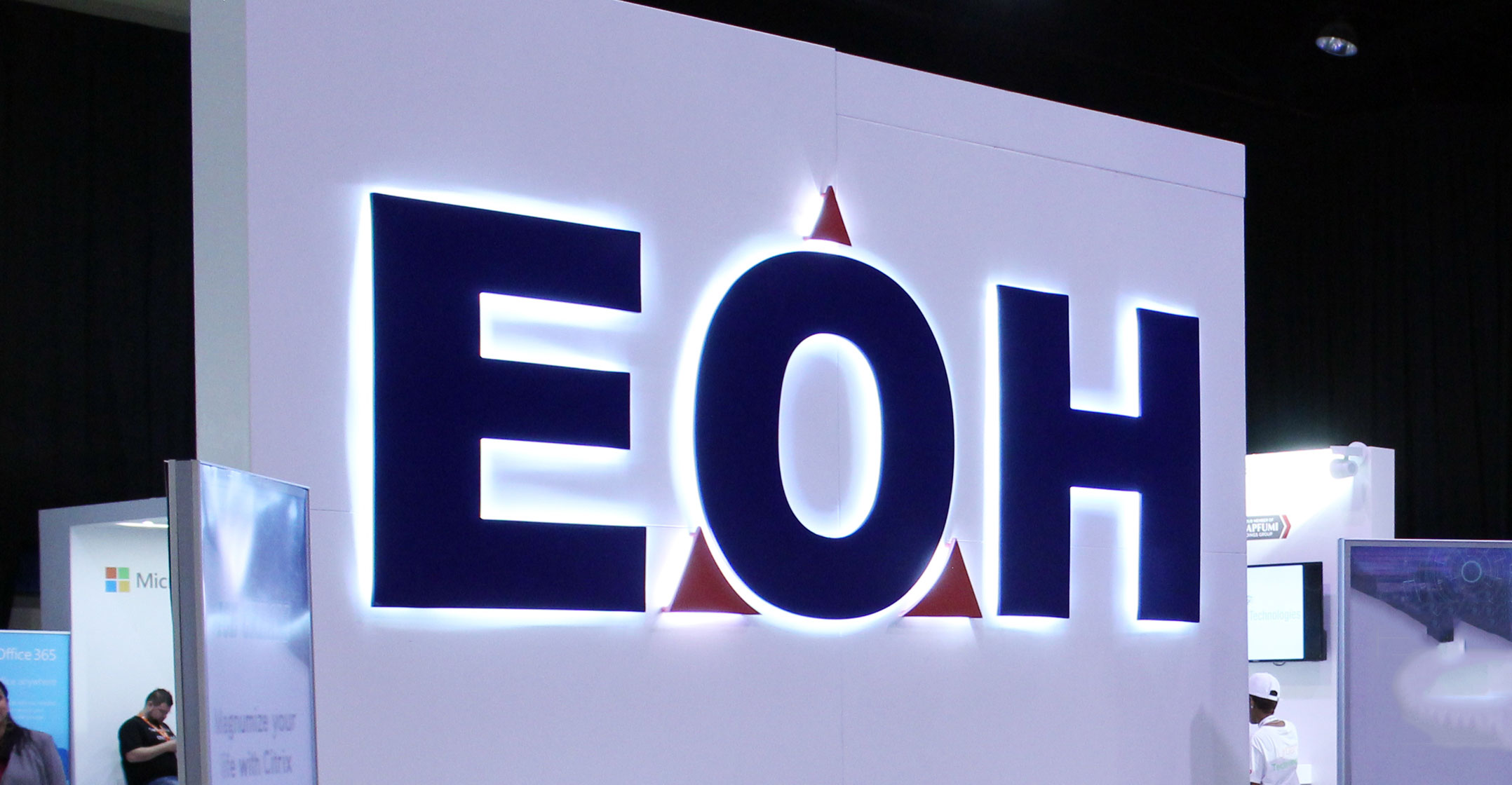
EOH Holdings has reduced its headcount by 1 566 employees in the past six months, mainly through selling or closing non-core and non-performing businesses, as it streamlines its operations and further reduces debt.
The IT service group said its headcount fell by 878 people in the six-month period as a direct result of selling businesses identified as non-core.
A further 270 were retrenched, either through operational streamlining initiatives (150) or through business closures (120). In addition, 413 contracted employees did not have their contracts renewed.
Since 2019, EOH’s headcount has declined from almost 11 000 to less than 6 500 today. CEO Stephen van Coller said he could not rule out further headcount reductions – especially if there is another Covid-19 lockdown – but said the big reductions are now behind the group, with “most of the tough stuff” having happened in 2020.
Van Coller took the reins at EOH in mid-2018 after leaving a senior role at MTN Group. In that time, he has focused on cleaning up a legacy of corrupt dealings – mainly in the public sector – and on repaying the group’s mountain of debt while improving corporate governance and streamlining operations.
‘Under control’
News of the latest job cuts come as EOH said on Wednesday that its six-monthly revenue, to 31 January 2021, fell by 29% year on year, mainly due to the disposal or closure of businesses, and said legacy public sector contract problems are now “under control”. Revenue was R4.4-billion, from R6.2-billion in the prior six-month period.
Despite the sharp decline in revenue, EOH has made progress in its turnaround, reporting an 83% improvement in its headline loss per share to 60c, from a loss of R3.50 previously. The group even reported an operating profit of R59-million — from a loss of R915-million in the prior period.
Van Coller told TechCentral the group has made significant progress in reducing costs across the board, not only by cutting jobs, but by reducing its vast number of property leases around the country, among other measures.
 When Covid-19 and mandatory work-from-home measures were introduced last year, EOH needed less office space, reducing costs. Van Coller said the way EOH employees work has changed forever as a result of the pandemic, with 60% favouring a hybrid model where they sometimes work from home and sometimes work from an office location.
When Covid-19 and mandatory work-from-home measures were introduced last year, EOH needed less office space, reducing costs. Van Coller said the way EOH employees work has changed forever as a result of the pandemic, with 60% favouring a hybrid model where they sometimes work from home and sometimes work from an office location.
Even those who choose to go into the office will oftentimes be able to choose a nearby office “hub”, where they can book space, rather than travelling long distances.
“It means you need a lot less space. If you have an electricity blackout at home, you can go to the closest office. You don’t have to drive across town — go to your local office and book a space. People don’t have to spend as much time in traffic and this allows them to optimise their time.”
Indeed, and perhaps counterintuitively, EOH employees have become more productive in the last year. And Van Coller believes this productivity boost is sustainable in the longer term.
Still, he has concerns about what it means for employees not being in the same space together, interacting socially and coming up with ideas to grow the business. However, without regular lengthy commutes or coffee breaks and chitchat with colleagues, working remotely has made employees use their time better and, in some cases, has improved the quality of life.
“This hybrid way of working is definitely going to be the new norm,” he said, adding that it tends to be older employees who don’t mind using video-conferencing tools instead of face-to-face meetings to interact. The new work environment has also saved EOH significantly on travel and entertainment expenses. — © 2021 NewsCentral Media




